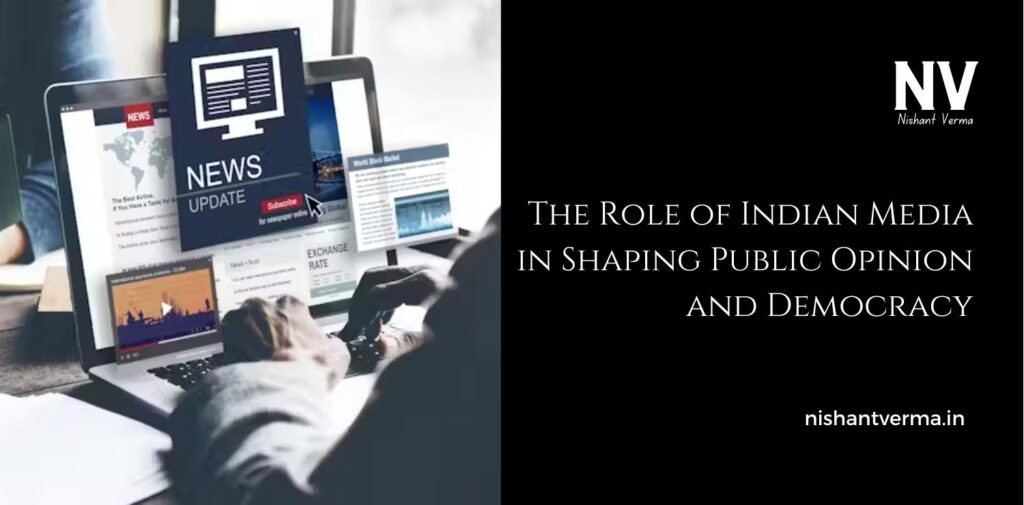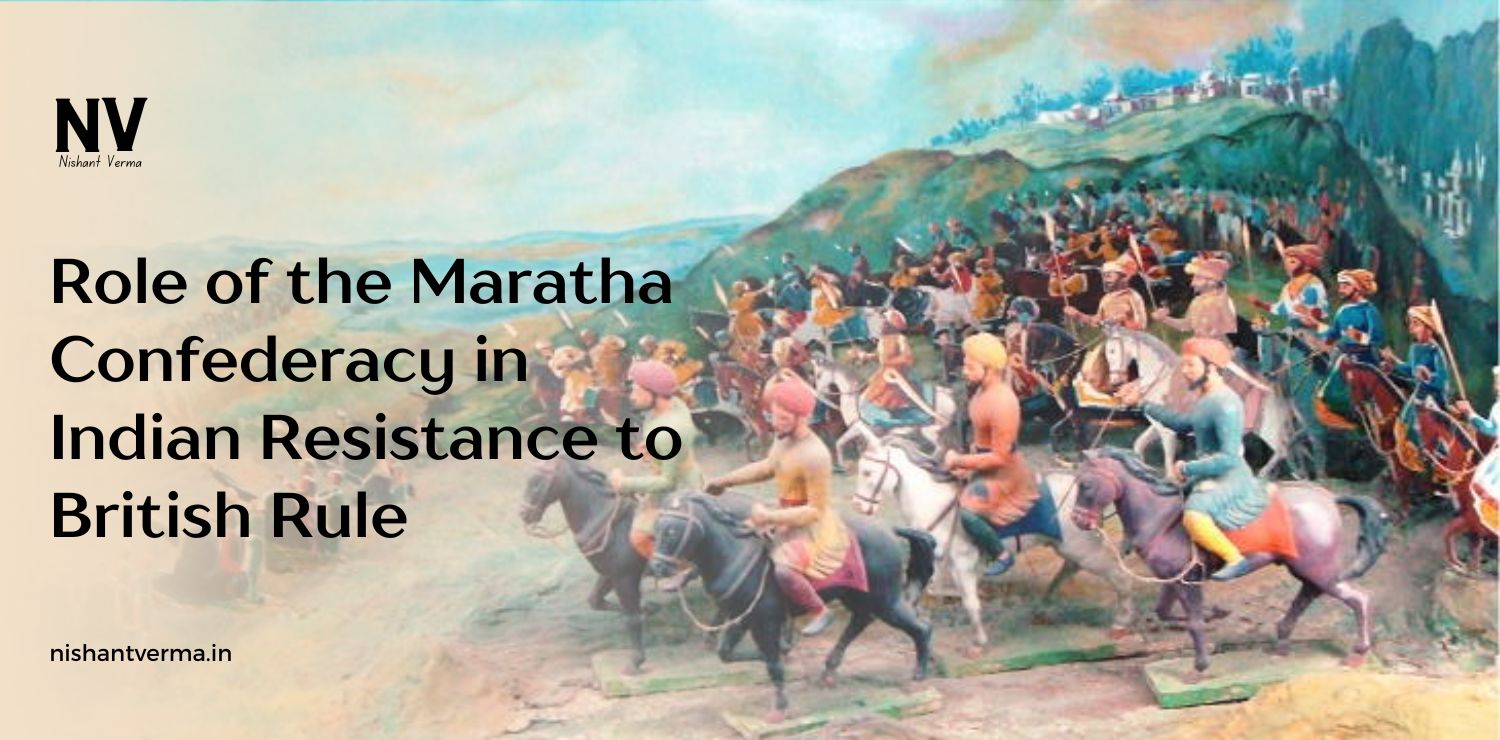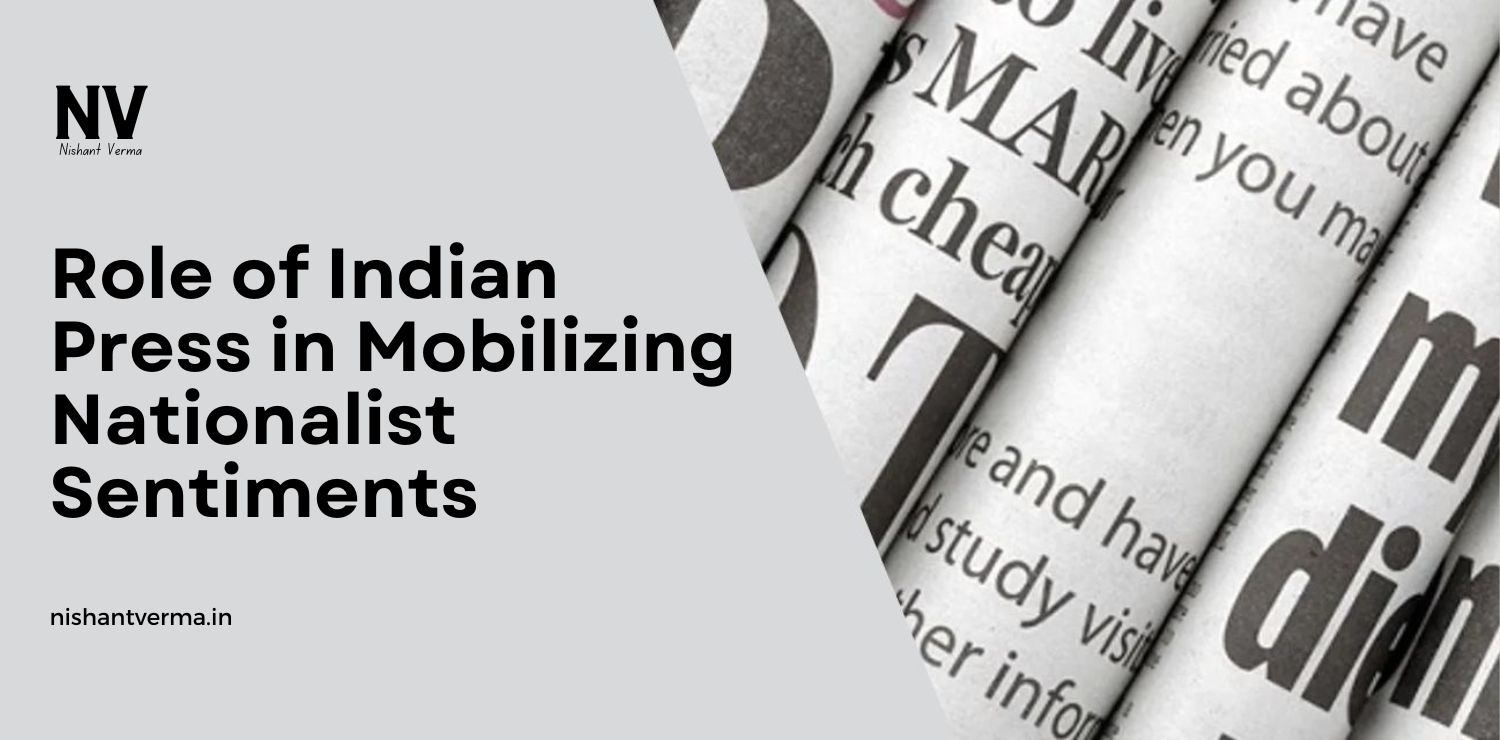India is the world’s largest democracy, where millions of people come together to make important decisions about their country. In such a vast and diverse nation, the media plays a crucial role in keeping the public informed and helping people make decisions. Whether it’s through newspapers, TV shows, social media, or radio, the media shapes the way people think and influences how they view the world. This is especially important in a democracy, where the voices of the people are heard through voting and public discussions. In this article, we will learn about the role of the Indian media in shaping public opinion and strengthening democracy.
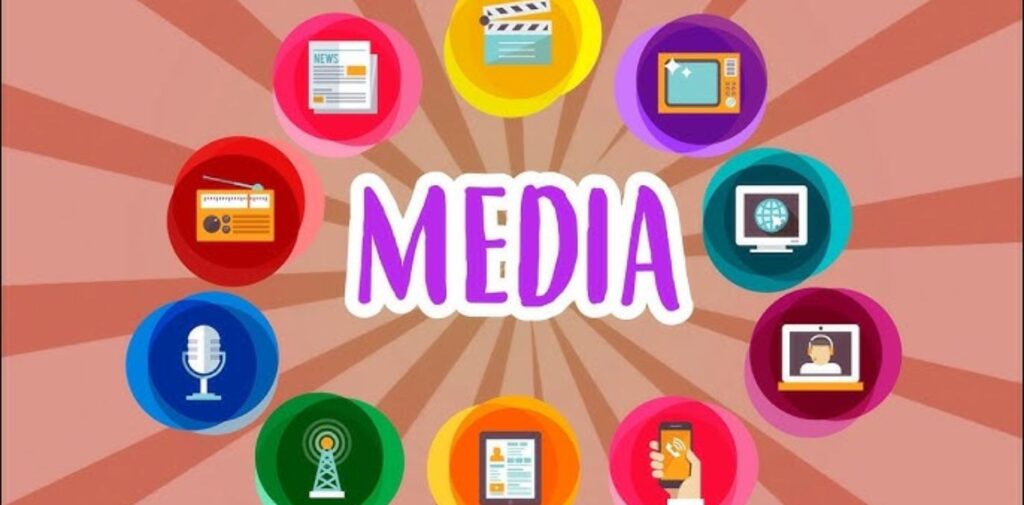
What is Media?
Media refers to the different ways information is shared with the public. It can include:
- Print media: Newspapers and magazines
- Broadcast media: Television and radio
- Digital media: Social media, websites, and online news portals
Media has the power to reach millions of people and spread information, news, and stories. In India, media is not just a source of information but also a platform where ideas are debated, people express their views, and the government’s actions are questioned.
How Media Shapes Public Opinion
Public opinion is the way people think about important issues in society. The media plays a key role in forming public opinion because it is often the first place where people learn about news and events. Let’s see how media helps shape what people believe.
Informing the Public
One of the main functions of the media is to provide information to the public. In a country like India, where there are so many different languages and cultures, it’s important for people to have access to information about what’s happening around them. Through newspapers, TV channels, and online platforms, the media gives people the news they need to make informed decisions.
For example, during elections, the media reports on the different political parties, their leaders, and their promises. This helps voters decide who to vote for based on the information they have. If the media didn’t exist, it would be difficult for people to know what’s going on in the country.
Shaping Opinions on Social Issues
The media also shapes public opinion on social issues like education, healthcare, gender equality, and poverty. Through news stories, documentaries, and debates, the media raises awareness about these issues and encourages people to think about solutions.
Take the Nirbhaya case in 2012, for example. When a young woman was brutally attacked and killed in Delhi, the media played a huge role in spreading the news and making people aware of the serious issue of women’s safety. This led to widespread protests and demands for better laws to protect women. The media brought the issue to the forefront and helped change the way people think about women’s rights in India.
Providing a Platform for Discussion
The media also allows people to express their opinions on important matters. Through talk shows, interviews, and opinion columns, people can share their views on politics, society, and other topics. This helps the public see different sides of an issue and encourages healthy debates.
In India, media channels regularly air debates and discussions where people from different backgrounds express their views. This allows people to think critically and form their own opinions on topics.
Media and Democracy: A Powerful Relationship
In a democracy, the government is chosen by the people, and the people must have all the information they need to make informed decisions. The media helps strengthen democracy by keeping people informed and holding the government accountable.
Accountability of the Government
The media plays an important role in checking the power of the government. Journalists investigate the actions of politicians and government officials, uncovering any corruption or misuse of power. This helps ensure that the government works for the benefit of the people, not just for their own interests.
In India, the media has often exposed scandals and corruption cases, such as the 2G spectrum scam and the Commonwealth Games corruption scandal. These stories were covered by journalists who worked hard to uncover the truth. When the media reports on such matters, it forces the government to take action and make changes.
Reporting on Elections and Political Events
The media plays a big role in India’s elections. During election seasons, media channels cover the campaigns, speeches, and promises of political parties. They inform the voters about the policies and plans of the leaders and parties. This helps voters make informed decisions when casting their votes.
The media also reports on voting results and the political situation in the country after elections. By covering these events in detail, the media helps citizens understand the election process and how it affects them.
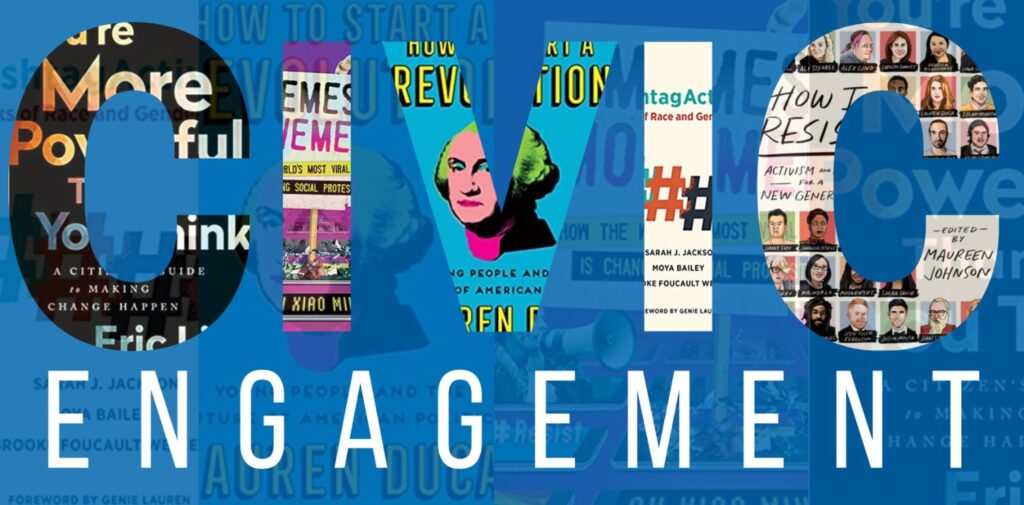
Promoting Civic Engagement
Media encourages people to participate in democracy. By covering important issues and providing platforms for discussions, media channels make people feel like their voices matter. People can learn about issues affecting their communities, such as education, healthcare, or infrastructure, and take steps to bring about change.
For example, social media platforms like Twitter, Facebook, and Instagram have become spaces where people discuss political issues, organize protests, and even raise funds for causes they care about. This helps build an active, engaged citizenry that is always aware of what is happening in the country.
The Challenges Faced by Indian Media
While the media plays a vital role in democracy, it also faces several challenges that can affect its ability to do its job effectively.
Media Bias and Influence
One challenge is media bias. Sometimes, media outlets may have a particular agenda, whether it is political, financial, or cultural. This can lead to one-sided reporting, where certain views are promoted while others are ignored. In some cases, media channels may support one political party over others, which can influence public opinion unfairly.
It is important for the media to be unbiased and provide a variety of perspectives to help the public make informed decisions.
Fake News and Misinformation
With the rise of social media, the spread of fake news has become a big problem. False information can spread quickly, misleading people and causing confusion. Sometimes, people share news without verifying whether it is true, and this can cause unnecessary panic or fear.
The media must work harder to fact-check information and provide accurate news to its audience. This helps prevent the spread of misinformation that can harm society.
Government Pressure and Censorship
In some cases, the government may try to influence or censor the media. This can happen when certain news stories are seen as too critical of the government, or when information is considered sensitive. Sometimes, journalists and news outlets face pressure to not report on certain issues.
It is important for the media to remain independent and free from government control to ensure that it can do its job without fear of retribution.
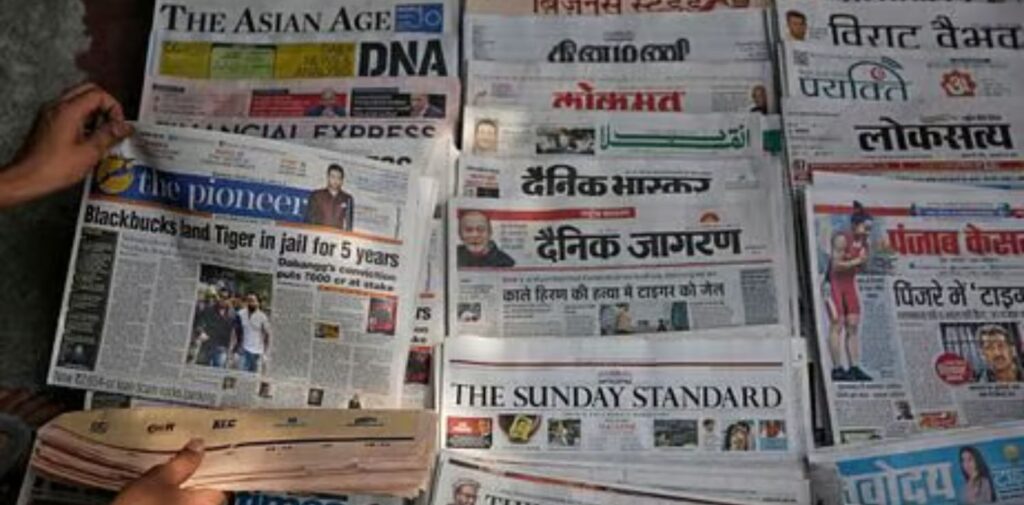
The Future of Indian Media
The future of the Indian media looks bright, as technology continues to evolve. With the rise of the internet, digital media has become more important than ever. People now access news online through websites, apps, and social media platforms. This has given rise to digital journalism, where news is available instantly and from a wide range of sources.
However, with these advancements, there is a growing need for responsible journalism. It is important for media outlets to provide trustworthy information, fight fake news, and maintain their credibility.
Conclusion
The Indian media has a powerful role in shaping public opinion and strengthening democracy. By informing the public, holding the government accountable, and encouraging civic engagement, media helps create an informed and active citizenry. However, the media must also overcome challenges like bias, fake news, and censorship to continue fulfilling its role effectively.
As India continues to grow and evolve, the media will remain a vital tool in keeping the public connected to the issues that matter most. It is important for the media to use its power responsibly, ensuring that it continues to serve the people and strengthen the democratic values that India stands for.

